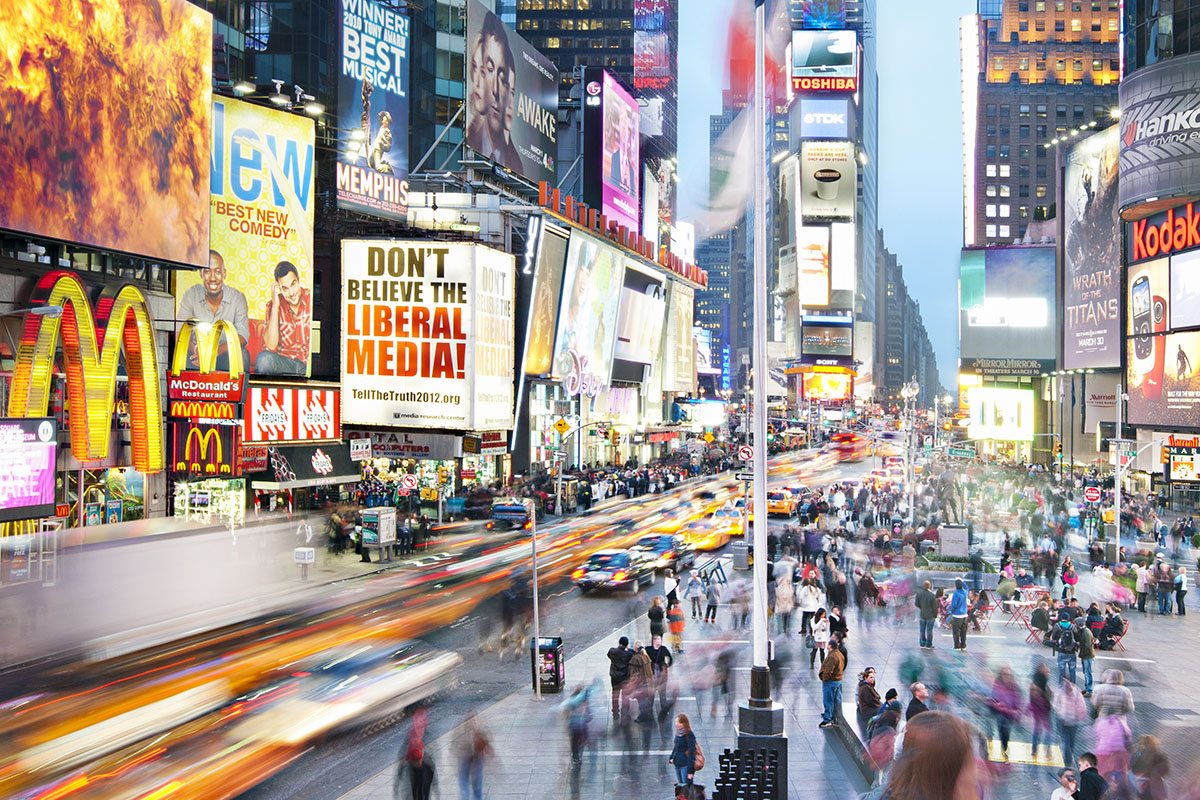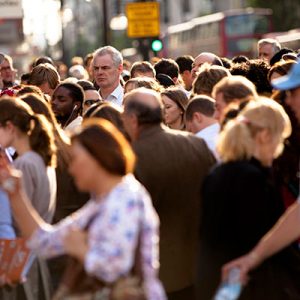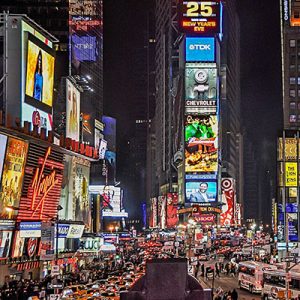
living life in a modern city can create a whole world of stress and anxiety
How are you feeling right now? Are you tense? Have things become a bit too much? Are you worried about not being able to finish everything you need to do today? Are you wishing that everyone would be quiet and leave you alone? These are all common signs of stress.
A small, healthy, level of stress can keep us on our toes and help us rise to challenges. Extreme stress, on the other hand, makes us feel threatened, panicky, and helpless.
City living, whether in the heart of a city or its outlying suburbs, has many more contributors to a stressful life than living a rural or country setting. A Scientific America study found that “people who live in cities are more likely to have a mood or anxiety disorder”. With more than half the world’s population living in cities, the impact of city life should be considered when maintaining our mental wellbeing.
The Stresses of City Living
Prolonged exposure to stress has been linked to the triggering and worsening of many health problems. These include cardiovascular disease, gastrointestinal disorders, sleeping disorders, anxiety, depression, autoimmune diseases and skin complaints.
Unlike most physical ailments, stress tends to be cumulative. Deceptively simple daily stresses can build up over time into a seemingly sudden nervous, psychological or physical reaction. Stress reduces our ability to think clearly and rationally, make sound decisions, prioritise, or even act at all. Ordinary situations can turn into an emergency, which then feeds back to create even more stress with even more serious consequence.
So let’s look at some common, and increasingly significant, environmental factors that affect our levels of stress just by living in a city.
density
The proximity to work and services is considered an advantage of city living. But with vast majorities of people seeking this advantage, the resulting high density environment can be detrimental to our wellbeing.
Just being in close quarters with lots of people can be stressful. A New York Academy of Medicine paper said “living in urban environments impacts specific regions of the brain that deal with stress responses”. High-density living also blurs the boundary between the private and the public. It is just too easy to become involved with each other’s business, deliberately or otherwise, without the sense of care and community that provides a positive support of our mental health.
excessive stimuli
Cities are noisy and brightly lit places. A neighbour’s loud music or arguments, traffic, construction work and sirens are typical noisy stressors. Street lights, car headlights, highly lit advertising and the general glow of a city, are common sources of excessive light. Exposure to the long periods of light in the city can affect our sleep-wake pattern, and consequently our mood. City living also exposes us to physiological and neurological stressors such as vehicle exhaust and organic waste.
Our cities are saturated with the visual, aural and cognitive stimuli of advertising. Many of these ads play on our insecurities, create ever-escalating aspirations, and shout stressful immediacy with assorted versions of Hurry! Limited stock! Act now! — all of which affect sense of our wellbeing.
competition and materialism
Being surrounded by more people invariably means greater competition. We fight to compete for everything from jobs and childcare places to end-of-year bargains and parking spaces. Where there is competition, conflict and the attendant stress is never far away.
Over-working to improve or just maintain our material goals is another city trend. An InsuranceQuotes.org article reported that “up to 34% of adults don’t take their vacation day” as well as voluntarily reducing their lunch breaks and working extended hours. We are easily stressed by the loss of control over our work commitments, without taking the breaks we need for recovery.
pace, change and uncertainty
More competition increases the pressure on us to do more with less. Our work, social and family to-do lists often seem endless. Work cut-backs threaten our sense of job security and increase the pressure on us to take on additional responsibilities.
City dwellers experience change more explicitly, with buildings appearing and disappearing seemingly overnight for example. This fast pace prevents us from pondering the deeper issues such as purpose and meaning. Lack of purpose is a source of stress and the stress makes it difficult to step back and be mindful of our lives.
disconnection
The longer our to-do lists, the more activities we are involved in, the more commitments we make, then the less time we have to engage in meaningful, happiness-engendering activities. No wonder many city dwellers feel disconnected and isolated.
The pace of city life also gives rise to shallow, ‘are-you-useful-to-me?’ relationships – like the “sweetie darling” stereotype portrayed by the BBC comedy Absolutely Fabulous. It may be funny, but it’s not fun. With the increasing population density, we lose our sense of community and become disconnected from society. That sense of isolation creates an increased level of stress.
 |
 |
 |
 |


